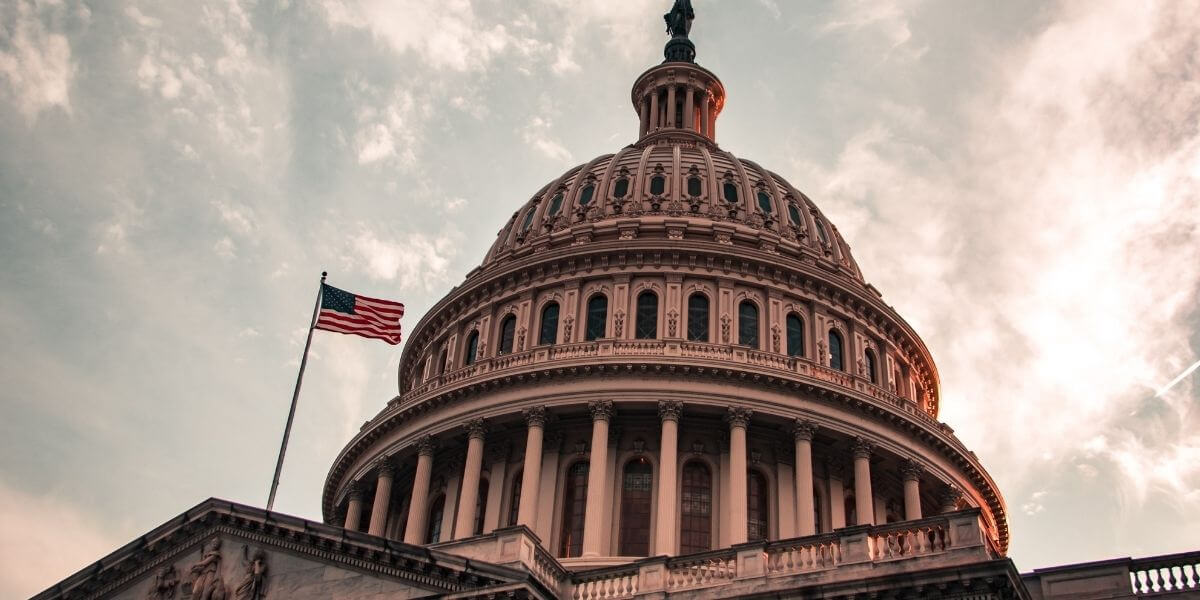Even before the Supreme Court’s July 2025 stay enabled largescale reductions in force (RIFs) to proceed, federal employees have been adjusting to reorganizations, restructuring, and policy updates.
One major update came during President Donald Trump’s first week back in office: Executive Order 14173. This action drastically reduced equal employment opportunity (EEO) protections for federal contractor employees. Some provisions do remain in place, though just how those provisions will be implemented is less clear. Even with recent guidance on affirmative action enforcement, questions remain.
One thing is certain: federal contractor employees can expect more changes to EEO protections like affirmative action. For now, here is what we do know, and what federal contractor employees can expect.
Does Affirmative Action Still Apply to Federal Contractors and Subcontractors?
Yes and no. When it comes to federal contractors, affirmative action refers to three distinct EEO provisions: Executive Order 11246, the Vietnam Era Veterans’ Readjustment Assistance Act (VEVRAA), and Section 503 of the Rehabilitation Act of 1973 (AKA “Section 503”). The Office of Federal Contractor Compliance (OFCCP) is the DOL agency charged with enforcing these EEO provisions and the affirmative action obligations therein.
President Trump’s Executive Order 13173 revoked the most general EEO provision, Executive Order 11246. Doing so also revoked the majority of EEO and affirmative action obligations of federal contractors: namely, those covered under Executive Order 11246, which protected federal and federal contractor employees from discrimination on the basis of sex, gender identity, race, religion, ethnicity, and national origin.
Provisions protecting certain covered veterans (VEVRAA) and people with disabilities (Section 503) were not rescinded. VEVRAA and Section 503 are statutory, not enacted by executive order. The president does not have the authority to rescind these provisions in the same way.
Regulatory mechanisms that are not statutory, however, are more readily adjusted. Agencies may propose changes to how they administer and enforce EEO provisions like affirmative action.
Ready to book your consultation? Click below to pay our consultation fee and book your meeting with an attorney today!
Did the Department of Labor Stop Enforcing Section 503 and VEVRAA?
Not permanently, no. Shortly after President Trump rescinded Executive Order 11246, then-Acting DOL Secretary Micone issued an emergency abeyance. This paused investigative and enforcement activities at OFCCP, including those pertaining to the remaining EEO provisions: Section 503 and VEVRAA.
The DOL did not permanently end Section 503 and VEVRAA, but it did pause enforcement for several months. Federal contractors’ Section 503 and VEVRAA obligations did not stop during this time. Even when review and enforcement activities are not in full effect, federal contractors remain contractually beholden to Section 503 and VEVRAA.
Why did DOL pause enforcement of Section 503 and VEVRAA?
President Trump’s Executive Order 14173 deemed “illegal” those equal employment opportunity protections and affirmative action practices falling under Executive Order 11246. Meaning, any OFCCP claims processing, compliance reviews, investigations, and audits concerning discrimination on the basis of anything other than disability or veteran status—race, sex, gender identity, national origin, ethnicity, sexual orientation, and religion—are now prohibited by the Trump Administration’s policies.
Shortly after, the DOL claimed the enforcement of Executive Order 11246, Section 503, and VEVRAA were entangled. Despite being separate provisions, OFCCP procedures and systems had not sufficiently regarded these three provisions as separate. Meaning, cases pertaining to one provision or another were not treated distinctly enough that one provision could be enforced without risk of enforcing another. Had OFCCP continued enforcing Section 503 and VEVRAA, they would risk enforcing Executive Order 11246, thereby acting against current policy.
So, Section 503 and VEVRAA investigative and enforcement activities were suspended until further notice in order to disentangle Executive Order 11246 from Section 503 and VEVRAA.
Further notice came in July 2025 when Labor Secretary Chavez-DeRemer lifted the abeyance. Now, OFCCP will resume monitoring federal contractors for compliance of the two remaining federal nondiscrimination and affirmative action provisions: Section 503 and VEVRAA.
You can contact us 24 hours a day, 7 days a week via phone at 8885294543, by e-mail at info@tullylegal.com or by clicking the button below:
What is the status of OFCCP complaints?
Complaints under the purview of Executive Order 11246 (i.e., those regarding discrimination on the basis of race, sex, gender identity, national origin, ethnicity, sexual orientation, and religion) are no longer being processed. Pending complaints under Executive Order 11246 will not be investigated.
Processing of Section 503 and VEVRAA complaints filed before July 2025 will resume. Those with complaints affected by the abeyance should be notified of the change.
New Section 503 and VEVRAA complaints should also be processed as normal.
What do federal contractor employees need to know about OFCCP audits?
OFCCP audits test and evaluate a contractor’s equal employment opportunity (EEO) practices and performance. In some cases, audits result in OFCCP enforcement actions like extended monitoring periods, or financial recovery for impacted individuals. For example, should an audit uncover a pattern of failing to provide reasonable accommodations to employees with disabilities, OFCCP may recover lost backpay on behalf of American workers.
OFCCP paused all audits in January 2025. Now, OFCCP has administratively closed all pending audits. Companies previously scheduled for audit, or issued a compliance evaluation courtesy notification via CSAL are no longer scheduled for audit.
This mass closure of audits could potentially impact employees who otherwise might have benefited from OFCCP enforcement mechanisms like financial recovery.
Will there be more EEO and Affirmative Action changes that impact federal contractor employees?
Currently, DOL-proposed changes to the administration procedures of Section 503 and VEVRAA are up for public comment. While the VEVRAA changes would be largely administrative, regulatory changes proposed to Section 503 are more significant.
The first change would remove the requirement for federal contractors to invite applicants and employees to self-identify their disability status. The second change concerns the requirement that contractors conduct a utilization analysis to assess the effectiveness of their affirmative action programs for people with disabilities actually are. If implemented, this proposed change would remove this requirement.
DOL budget proposals suggest that OFCCP may be sunset, and its duties delegated to other agencies. More changes are sure to come. Federal contractors and their employees can reasonably expect more concrete guidance on OFFCP implementing regulations and EEO by the end of 2025.
Either way, the fundamental obligations held by federal contractors under Section 503 and VEVRAA remain independent of how they are administered. Federal contractor employees with disabilities or covered veteran status are still entitled to EEO protections and accommodations.
Federal employment is subject to laws and regulations that differ significantly from those in the private sector; consulting with a federal employment lawyer can make all the difference. Tully Rinckey’s team of dedicated federal employment attorneys is available to assist you today. Please call 8885294543 to schedule a consultation, or schedule a consultation online.
As a Partner at Tully Rinckey PLLC, Amanda focuses her practice on Federal and State Employment and Labor Law, handling discrimination claims, whistleblower and retaliation claims, retirement matters, and wage and pay claims amongst others. She also handles administrative complaints, investigation and litigation, as well as state litigation.








